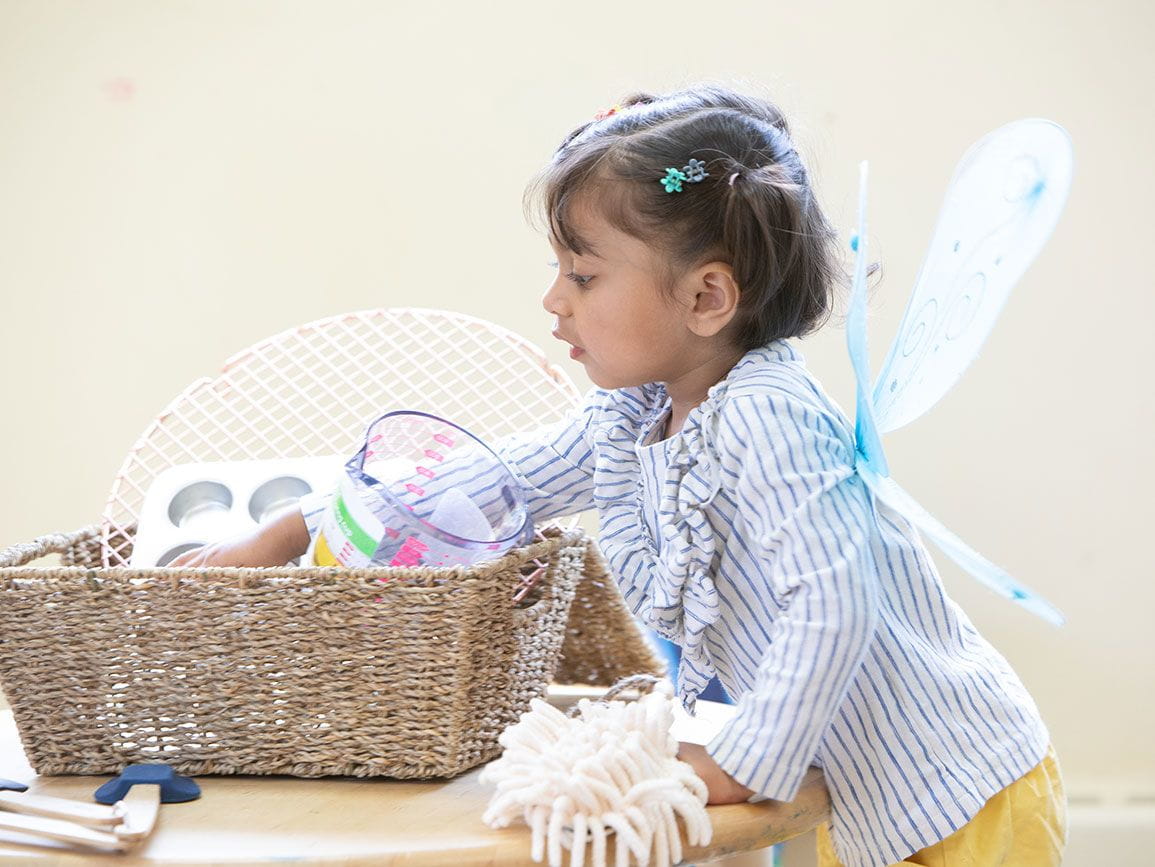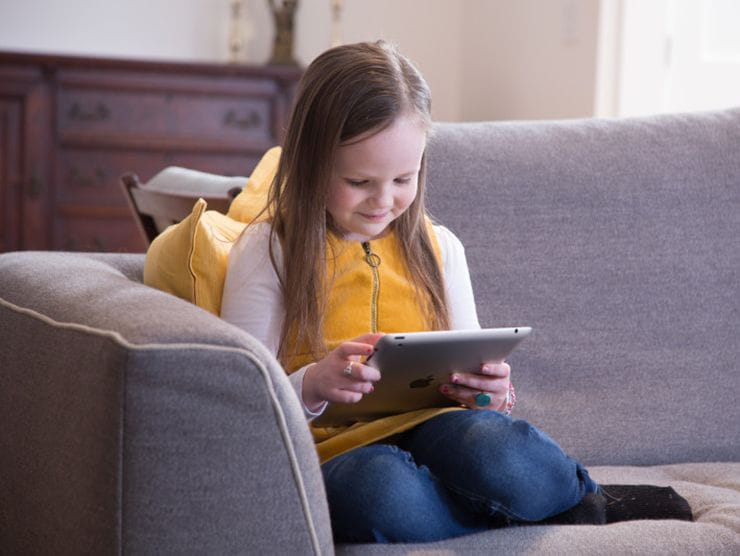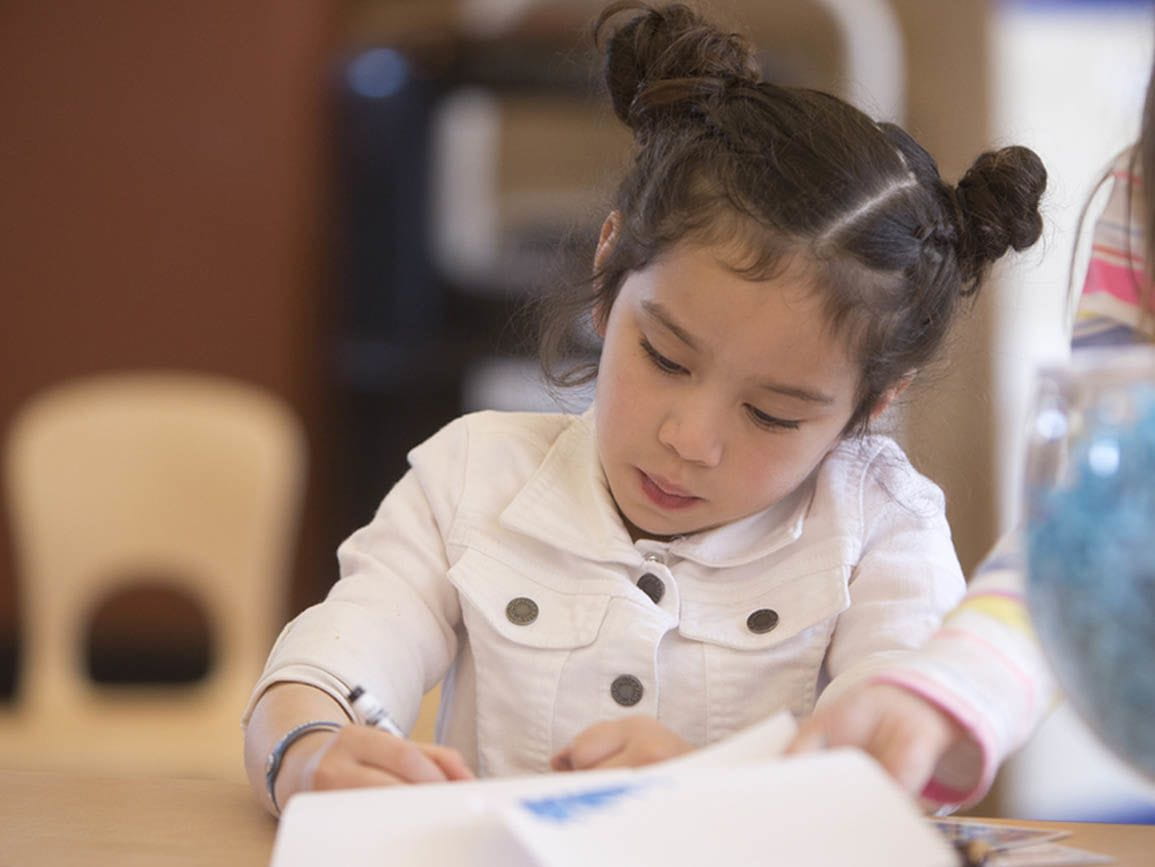Parenting a Tween
Most importantly, we can't just watch — we need to get involved. Establishing a stronger relationship now will help us maintain a closer bond when our children take the plunge into the teenage world.
“Leave me alone!”
“Just leave me alone” is a common mantra of many preteens. But do our children really mean it? At that moment, yes, but our children need us even more during the preteen years. They do need time to be alone, and more importantly, time with friends without adults around. They also need ways to safely talk about their feelings with you. Sometimes they aren’t even sure what they are feeling. Figure out times when you can have relaxed, non-judgmental conversations with your tween, for example when you’re driving, going for a walk, doing chores together, or lingering a bit in his or her room at bedtime. Try using prompters like, “How do you feel about…,” “What would you do if…,” “Help me understand,” and “Tell me what happened.”
“I don’t have any friends.”
We all want our children to be liked by others and enjoy the fun and companionship of friends. These are the years when children exclude, sometimes with blunt cruelty at school and after school. Some children make friends easily while others need greater encouragement. If your child tells you, “Nobody likes me,” don’t head for the school playground to round up a playgroup. Nor should you respond with, “That’s not true.” Encourage your child to vent and explain why she feels no one likes her, then move on to help her to remember someone she did talk to or play with at school.
I hate school.”
An otherwise competent elementary school student may feel overwhelmed by a larger school and more challenging academic work. We can help children with the struggles of schoolwork and help them feel socially connected through the exploration of different classes or sports in the community. Soccer, computer, or art classes may help a child make friends in a smaller setting and boost his or her self-esteem. Help your child find something that gives him or her a sense of competence. Focus on something your child enjoys and build on that foundation. Stay involved with your child's school. If you can, continue to volunteer in the classroom, go on field trips, or join the PTA.
“I hate my life.”
We all have bad days, but tweens are so focused on themselves, their appearance, and their attempt to discover where they fit in, that even the most minute experience, in our opinion, can make them feel that their world is crumbling. First, don’t take the statement personally or literally. Remember, this isn’t about us. More stuff, more money, or more privileges is not going to make these feelings disappear. Avoid minimizing your child’s feelings with statements such as, “You have a great life.” Try to empathize with her truth and encourage your child to talk about her feelings.
"I want to die."
Talking about dying is different. It may just be over-the-top drama, but take every cry for help seriously. Ask questions about how your child feels and what is happening right now. "Determine the degree of hopelessness or helplessness," Debra Dejonge, director of Kitchener-Waterloo Counseling says. If you think this is not just hyperbole, ask your child directly if she has a plan; the more detailed the plan, the higher the risk. Then, get help. "The first step is often the family doctor because he is your best resource tool for finding help in your community," Dejonge says. Don't feel you are overreacting when a child brings up the subject of death. It's far better to err on the side of life.
Try to stay out of power struggles, and remain calm.
Ignore argumentative comments and walk away if necessary. We should try and offer our children choices as often as possible, but set expectations for which issues are negotiable. If something is not negotiable, we should say so. If the child is out of line, put a stop to it and send him to his room to cool off. After he's calmed down, we should let him know what behavior upset you. We may need timeouts ourselves. We can explain that we need a break in order to be able to communicate more clearly, and then return in a few moments when we feel calm.
If we do lose our calm, we should apologize and move on.
Everyone loses it, and when that happens, acknowledge it and make amends. Remember that adults and children are both human and are coping with developmental forces and situational pressures.
Teach coping skills.
We can try and help our children deal with disappointments and improve coping skills. Talk to your child about sad and angry feelings that arise due to things that are not working out in life. Try to help her deal with frustration and rejection in a positive way. Identify activities that help them relax and feel good. Music, art, or sports activities can help a child let off steam. Help your child develop healthy outlets to release pressure. Point out that leisure activities are ways to cope with stress. Help her identify how she can feel good in a healthy way. Support areas where she can build on experiences of success.
Make family a priority.
Even though this is a time of greater independence for children, we should continue to try and make family time a priority. Insist that the child participate in family dinners and family fun times but allow him to bring along a friend if he feels he is missing social time. Try and give a child responsibility at home. Chores (even when coerced) can build feelings of importance within the family.
Praise your tween.
Praise your tween as much for her efforts as for her accomplishments. Don't only draw attention to the failures. If our children do make mistakes, we need to help them get back on track. Do not condemn children for their behavior. Instead, condemn the behavior and continue to believe in them. We need to let them know when we are proud of them. Another idea is to get them to see our failures, too, so they realize we aren't infallible. We were all tweens once.
Remember, remember, remember: Don’t take it personally.
Preteens, like toddlers, find security in specific expectations and even feel more empowered in peer pressure situations. We want to encourage them to communicate their feelings (many of which they may not even understand), love them, and above all, be patient. Although it’s often painful, and sometimes just irritating for us to watch our children grow and find their place in the world, it's a developmental necessity. The indifference, disdain, and the occasional, “You’re ruining my life,” are normal and not something we should take personally. However, we do have to maintain a high level of involvement, authority, and control, while letting our tweens slowly make more decisions and take on greater responsibility.
Some books that shed light on the development and social context of tweens are:
"Get a Clue! What's Really Going On With Pre-Teens and How Parents Can Help," by Ellen Rosenberg
"Reviving Ophelia: Saving the Selves of Adolescent Girls," by Mary Bray Pipher
"Surviving Ophelia: Mothers Share Their Wisdom in Navigating the Tumultuous Teenage Years," by Cheryl Dellasega
"Raising Cain: Protecting the Emotional Life of Boys," by Michael Thompson and Dan Kindlon
"Best Friends, Worst Enemies: Understanding the Social Lives of Children," by Michael Thompson and Catherine O’Neill Grace
"Raising Confident Boys: 100 Tips for Parents and Teachers and Raising Confident Girls: 100 Tips for Parents and Teachers," by Elizabeth Hartley-Brewer





